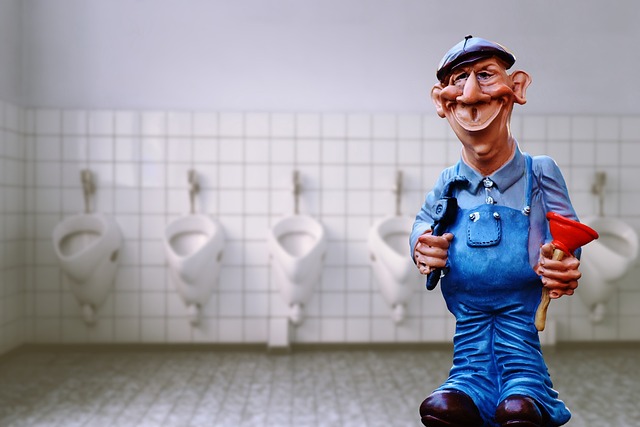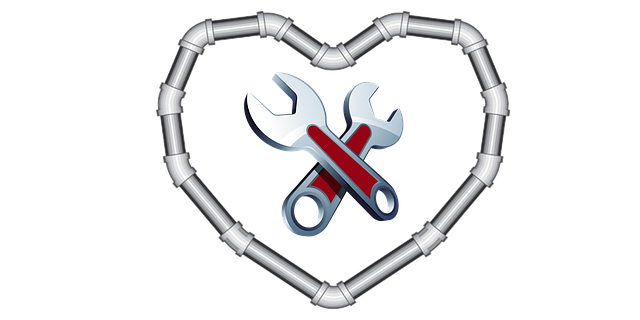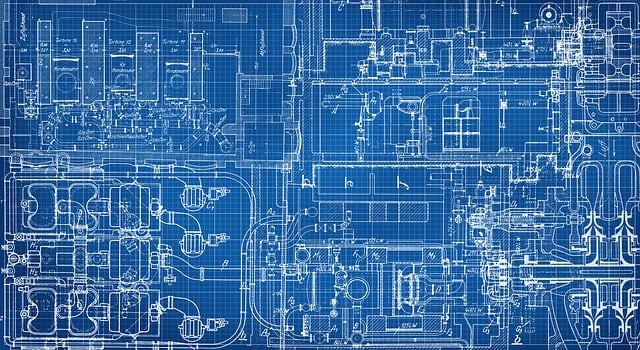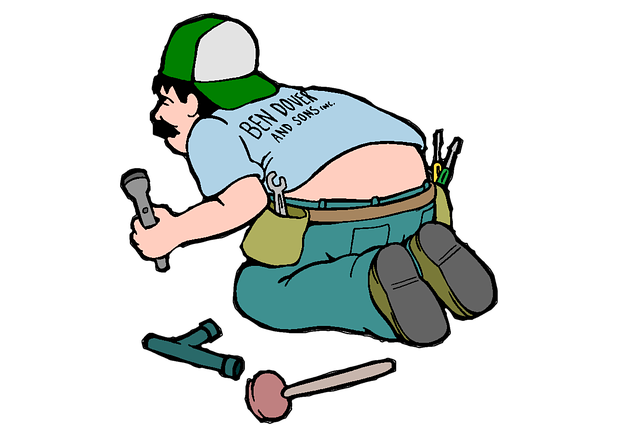Regularly inspect and maintain your home's plumbing system to prevent costly repairs. Learn about key components like pipes, valves, and fixtures, perform tasks like leak checks and corrosion prevention, and call a plumber for expert guidance. Proactive measures such as drain cleaning, pipe insulation, and water-efficient fixtures reduce risks of clogs, water damage, and leaks. Recognize signs of plumbing issues like pressure changes or noises requiring immediate professional help.
“As homeowners, taking care of our plumbing systems is essential for maintaining a comfortable and safe living environment. This guide aims to educate you on best practices for plumbing care. From understanding basic plumbing systems at home to regular maintenance tasks, common issues, and prevention strategies, we’ve got you covered. Learn when it’s time to call a plumber and how to recognize signs and causes of potential problems. With these insights, ensure your plumbing stays in top shape.”
- Understanding Basic Plumbing Systems at Home
- Regular Maintenance Tasks for Longevity
- Common Plumbing Issues and Prevention Strategies
- When to Call a Plumber: Signs and Causes
Understanding Basic Plumbing Systems at Home

Understanding your home’s basic plumbing system is a crucial step in effective maintenance and care. At its core, a typical residential plumbing system comprises several key components: pipes, valves, fixtures, appliances, and a water source. Pipes, usually made of copper, PVC, or steel, form a network to carry water throughout the house for various purposes like drinking, cooking, and sanitation. Valves, such as faucets and showerheads, control the flow of water, while fixtures like toilets, sinks, and tubs utilize this water supply. Appliances like washing machines and dishwashers also rely on the plumbing system.
Regular inspection and maintenance of these elements are essential to prevent costly repairs or disruptions. Homeowners can start by familiarizing themselves with the layout of their plumbing system, learning how to turn off the main water supply in case of emergencies, and scheduling periodic checks for leaks, corrosion, or blockages. Engaging a professional plumber for regular assessments is also highly recommended to ensure optimal performance and prolong the lifespan of your home’s plumbing infrastructure.
Regular Maintenance Tasks for Longevity

Regular maintenance is key to ensuring your plumbing system remains in top condition and operates efficiently for years to come. Homeowners can take several simple steps to maintain their plumbing and avoid costly repairs. One of the most important tasks is checking for leaks regularly, as even small drips can lead to significant water waste and damage over time. A plumber can help identify potential issues and provide guidance on repair or replacement.
Another crucial maintenance practice is cleaning and unclogging drains at least once a month. Using hot water mixed with baking soda and vinegar can effectively clear minor blockages. For more severe clogs, a plumber’s expertise is invaluable. Additionally, insulating pipes in colder climates prevents freezing, while regular inspection of water heaters ensures optimal performance and longevity. These proactive measures not only save money but also protect your home from plumbing disasters.
Common Plumbing Issues and Prevention Strategies

Many common plumbing issues can be prevented with regular maintenance and simple, proactive measures. One of the most frequent problems is clogging, which can be caused by debris buildup in drains and sewers. Homeowners can prevent this by regularly using drain covers to catch hair and other materials, avoiding pouring grease down the sink, and promptly addressing any clogs with a plumbing snake or professional assistance.
Another prevalent issue is water damage due to leaky pipes. This can be mitigated by insulating pipes in areas prone to freezing temperatures and checking for leaks on a regular basis. Homeowners should also be vigilant about replacing old or damaged pipes, as well as installing modern fixtures that are designed with water-saving features. Regular maintenance performed by a plumber can further help identify and address potential problems before they turn into costly repairs.
When to Call a Plumber: Signs and Causes

Knowing when to call a plumber is essential for any homeowner. While minor plumbing issues can often be addressed with simple DIY fixes, there are signs and causes that indicate it’s time to bring in professional help. One clear indicator is a sudden change in water pressure, which could point to a leak or clogs within the pipes. If you notice persistent low water pressure throughout your home, it’s best to contact a plumber right away.
Another common reason to call a plumber is unusual noises coming from your plumbing system. Squealing, banging, or grinding sounds often suggest pipe corrosion, structural issues, or blockages that require professional expertise and specialized tools for safe and effective resolution. Regular maintenance checks with a plumber can help prevent such problems, but when signs become evident, prompt action is crucial to avoid further damage and costly repairs.
By implementing these best practices for plumbing care, homeowners can extend the lifespan of their plumbing systems, prevent costly repairs, and maintain a reliable water supply. Regular maintenance and proactive measures, such as checking for leaks and flushing heaters, are key to avoiding common issues that may require professional intervention from a skilled plumber. Remember, knowing when to call a plumber is essential, whether it’s for emergency repairs or routine upgrades, ensuring your home’s plumbing stays in top condition.
